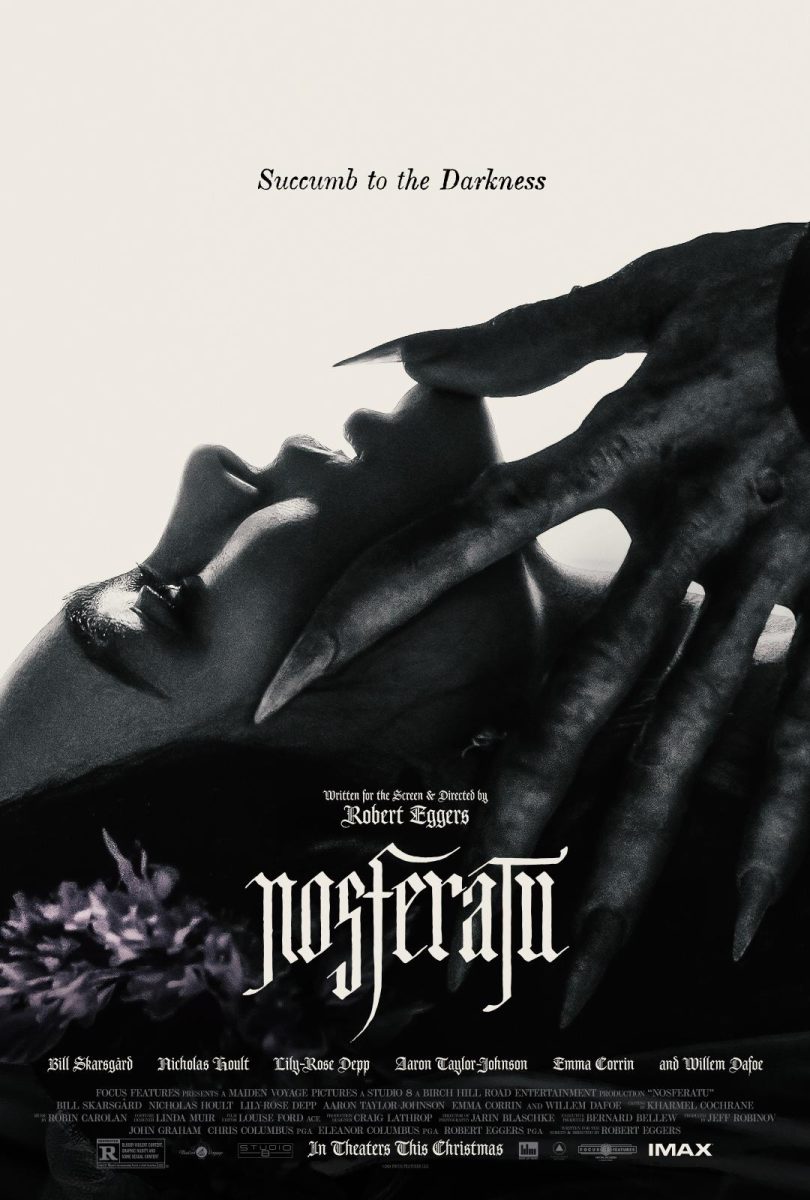If there was a question in which its answer had serious implications on your life, would you seek after the answer? Or would you just ignore it?
Many times in our lives we seek truth, but we don’t always find it. There seems to be many obstacles that get in the way. It’s easier to just accept what gives us comfort or what we prefer. It’s easier to just accept what we hear from the media, television, professors, and friends although, not everything being broadcast or taught is necessarily the truth.
Issues can be distorted through a misrepresentation of facts by one’s worldview or bias. It can be challenging to investigate evidence and follow it wherever it leads.
Furthermore, there are a number of questions in life that are of the most importance but we often fail to seek the answers. We fill our life with stuff to drown out the incessant pounding of these questions in our minds.
So what is truth? Truth is defined in a number of different ways in today’s culture, but at its core, it has a concrete meaning. In the Greek, the word for truth is “alētheia,” which means, “what is true in any matter under consideration and of a truth, in reality, in fact, certainly.”
In Latin, the word for truth is “veritas,” which refers to honesty and verifiability. In English, the Merriam-Webster Dictionary defines it as, “the state of being the case, in accordance or the body of real things, facts, and events and the body of true statements are propositions.”
There is a strong belief in culture today that all truth is relative, but this is not the case. There are some situations where different or more subjective answers are required.
You may have heard the following statements, “look before you leap” and “he who hesitates is lost”. These are contradicting statements. Can they both be true? They both can be true in different situations or under different conditions, but they are not objective. Some situations may require to plan and think more about an issue. Other situations may require a person to act immediately without indecision.
These are relative statements based on a person’s experience but these are not objective or verifiable statements. They mostly rely on different conditions or preferences. Most of these relative cases are opinion-based questions, but there are questions with objective and concrete answers.
Now the statement, “the human body contains 206 bones” is a concrete and verifiable statement. We can examine the skeleton of a human body and physically count each bone.
The lines between relativity and absolute have been blurred. There has been confusion between relative conditions and verifiable facts.
The statement which we often hear is, “there are no absolutes.” But that statement in itself is an absolute and self contradicting. Now, if there was no objective truth, life would be total chaos. We depend on absolutes every day.
For example, the earth’s gravitational force exists whether we believe in it or not. If someone stands on the top of a sky scraper and does not believe in gravity, that will make no difference if he or she decides to jump from the top. Regardless of his or her belief, they will fall to the ground all the same.
So, where do we go from here? Critical thinking in many cases has been lost. We must follow the evidence wherever it points.
“If you look for truth, you may find comfort in the end; if you look for comfort you will not get either comfort or truth only soft soap and wishful thinking to begin, and in the end, despair,” stated the English scholar C.S. Lewis.
Unfortunately, the answer to every question is not a simple one. Furthermore, some answers require the weighing of evidence and evaluating arguments for each side, but don’t let that stop you.
Search for the answers. Confront the difficult questions. Don’t let fear stop you. Find the truth.
“The truth is incontrovertible. Malice may attack it, ignorance may deride it, but in the end, there it is,” said Winston Churchill.
There is concrete truth to be found. At times the search will be difficult; it will challenge your worldview. But in the end, it will be worth it.








